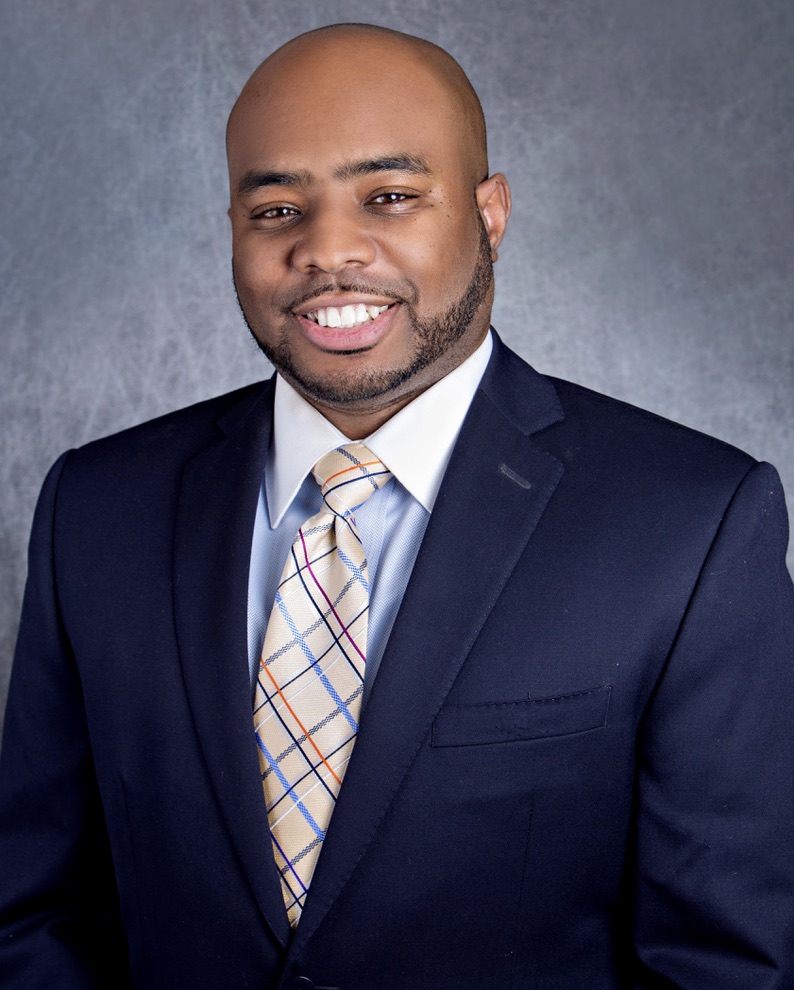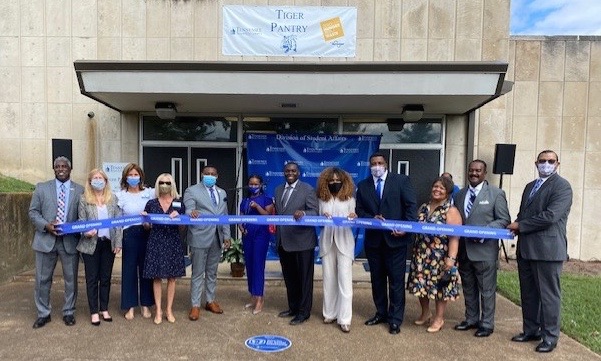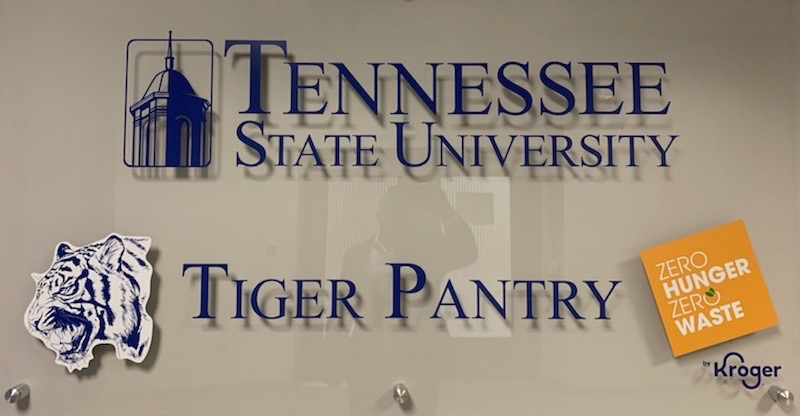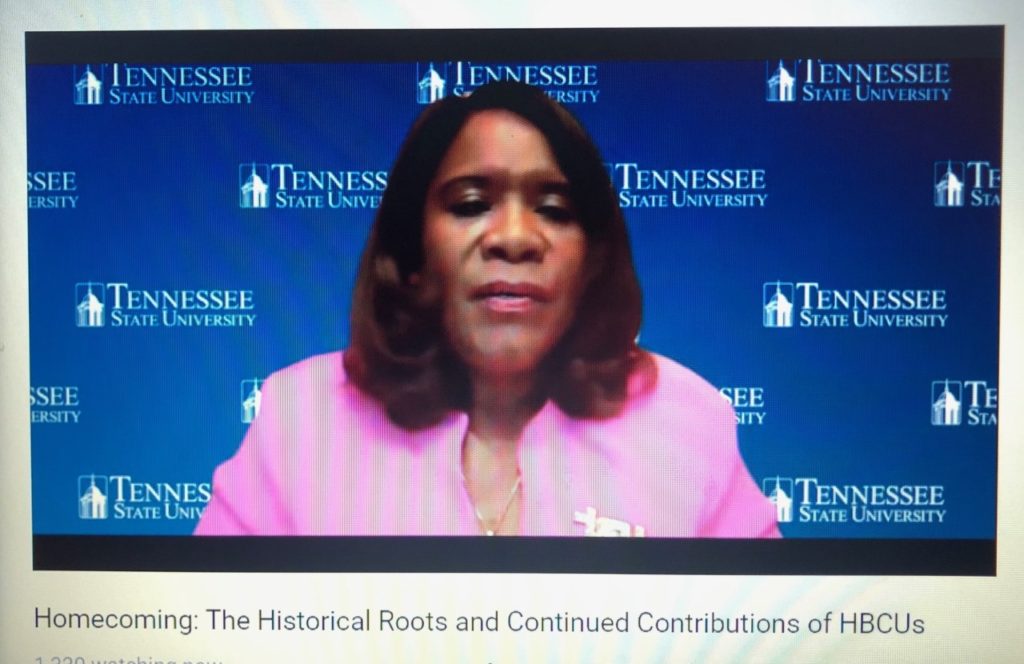NASHVILLE, Tenn. (TSU News Service) -The State Collaborative on Reforming Education has selected two Tennessee State University officials to be part of its Complete Tennessee Leadership Institute for 2021-22.
Dr. Verontae Deams, university registrar; and Dr. Alexis Gatson Heaston, assistant professor in the College of Health Sciences, will join 30 other higher education, K-12, government, business, and nonprofit organization leaders selected by SCORE as the next cohort of the institute.
In partnership with The Hunt Institute, a leader in the movement to transform public education, SCORE will provide learning opportunities for participants in CTLI, whose goal is to eliminate barriers to post-secondary education and completion in Tennessee.
“I am honored to be selected as a participant in the 2021-2022 Complete Tennessee Leadership Institute,” Deams said. “This opportunity will allow collaboration with other thought leaders to ensure academic success in higher education throughout the state of Tennessee.”
Heaston, who teaches public health, health administration and health sciences, said she is “humbled and excited” to be a part of the CTLI cohort.
“I look forward to working alongside a group of outstanding professionals whose aim is to ensure Tennessee attracts, recruits, and retains students on a post-secondary level,” she said.
According to the latest figures from the Lumina Foundation, Tennessee’s college attainment rate is just shy of 47 percent. Since 2019, SCORE has partnered with The Hunt Institute to provide national perspective for CTLI participants and help lead them in translating what they learn into action in their communities.
“Community college enrollment rates in Tennessee dropped significantly in the fall of 2020, most notably for Black and Hispanic students,” SCORE President and CEO David Mansouri said. “Given the compounding effect the pandemic is having on college enrollment, persistence, and completion, it is more urgent than ever that we partner with the leaders in this cohort to ensure that every Tennessee student has the opportunity and support needed to attend and complete postsecondary education.”
Dr. Javaid Saddiqi, president and CEO of The Hunt Institute, added, “Over the past three years, we’ve been impressed with the way in which CTLI has brought together a diverse group of thought leaders from across Tennessee. Among past cohort members, we’ve seen an immense increase in leadership capacity and knowledge regarding higher education issues.”
Since 2016, CTLI has created a space where leaders from across Tennessee collectively focus on eliminating barriers to postsecondary education and completion. Over the coming year, Deams, Heaston and their colleagues in the CTLI will work to identify the barriers and equity gaps that exist in the state’s post-secondary system and advocate within their own communities to drive systemic change.
Department of Media Relations
Tennessee State University
3500 John Merritt Boulevard
Nashville, Tennessee 37209
615.963.5331
About Tennessee State University
Founded in 1912, Tennessee State University is Nashville’s only public university, and is a premier, historically black university and land-grant institution offering 39 bachelor’s degree programs, 24 master’s degree programs, and eight doctoral degrees. TSU is a comprehensive research intensive institution with a R-2 Carnegie designation, and has a graduate school on its downtown Avon Williams Campus, along with the Otis Floyd Nursery Research Center in McMinnville, Tennessee. With a commitment to excellence, Tennessee State University provides students with a quality education in a nurturing and innovative environment that prepares them as alumni to be global leaders in every facet of society. Visit the University online at tnstate.edu.








